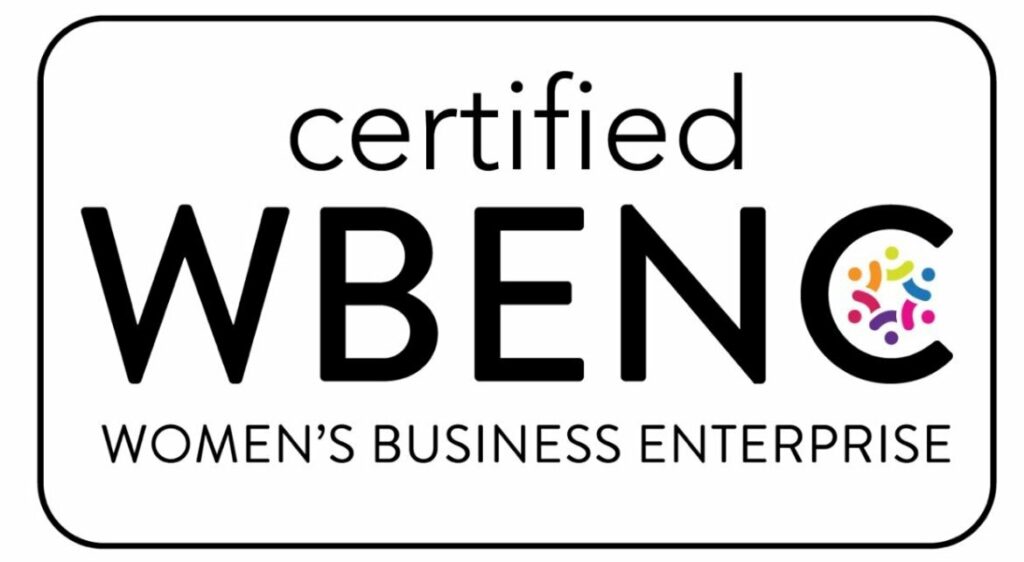Muldrow Facts & Holding
On April 17, 2024, a new decision issued by the United States Supreme Court (the “Supreme Court”) lowering the bar to challenge job transfers under Title VII of the Civil Rights Act of 1964 (“Title VII”) could have a broader impact for plaintiffs seeking to challenge employer DEI (diversity, equity, and inclusion) programs as discriminatory. In Muldrow v. City of St. Louis Police Department (“Department”), 601 U.S._ (2024), Jaytona Clayborn Muldrow (“Muldrow”) alleged that after serving from 2008 to 2017 as a plainclothes officer in the specialized intelligence unit of the City of St. Louis (the “City”) Police Department (the “Department”), in 2017, the new Intelligence Division commander asked to transfer Muldrow out of the unit in order to replace her with a male police officer who he believed “seemed a better fit for the Division’s ‘very dangerous’ work.” Although the transfer was against Muldrow’s wishes, the Department approved the request and reassigned Muldrow to a uniformed job elsewhere in the Department.
While Muldrow’s rank and pay remained the same in the new position, her responsibilities, perks, and schedule changed. After the transfer, Muldrow no longer worked with high-ranking officials on the departmental priorities lodged in the Intelligence Division, instead supervising the day-to-day activities of neighborhood patrol officers. She also lost access to an unmarked take-home vehicle and had a less regular schedule involving weekend shifts.
Consequently, Muldrow brought a Title VII action challenging the transfer and alleging sex discrimination. The District Court granted the City’s motion for summary judgment and the Eighth Circuit affirmed, holding that Muldrow had failed to show that the transfer caused her a “materially significant disadvantage” because it “did not result in a diminution to her title, salary, or benefits” and had caused “only minor changes in working conditions.”
On appeal, the Supreme Court reversed and held that an employee challenging a job transfer under Title VII must show that the transfer brought about some harm with respect to an identifiable term or condition of employment, but does not need to show that the harm is significant. Specifically, the Supreme Court opined that “to make out a Title VII discrimination claim, a transferee must show some harm respecting an identifiable term or condition of employment. What the transferee does not have to show is that the harm incurred was ‘significant’ or otherwise exceeded some heightened bar. ‘Discriminate against’ means treat worse, here based on sex. Neither that phrase or any other establishes an elevated threshold of harm.”
The Supreme Court further clarified that “to demand ‘significance’ is to add words to the statute Congress enacted. It is to impose a new requirement on a Title VII claimant, so that the law as applied demands something more than the law as written.” The Supreme Court maintained that the language of Title VII only required “Muldrow to show that her transfer brought about some ‘disadvantageous’ change in an employment term or condition” and show must show “some harm respecting an identifiable term or condition of employment.” Thus, the Supreme Court reversed the decision of the lower courts and remanded the case as Muldrow was not required to show that the transfer caused “significant” employment disadvantage.
Impact of Harvard Case
In a prior landmark Supreme Court decision issued on June 29, 2023, Students for Fair Admissions, Inc. v. President and Fellows of Harvard College (together with Students for Fair Admissions, Inc. v. University of North Carolina et al.), the Supreme Court determined that Harvard and the University of North Carolina (“UNC”) violated the 14th Amendment’s Equal Protection Clause by unlawfully considering race in undergraduate admissions decisions.
While the Harvard matter was limited to affirmative action in undergraduate admission, there has been a ripple effect on employment matters with lawsuits being filed. EEOC Chair Charlotte A. Burrows did issue a statement reiterating that the Harvard decision was related to universities and did not address DEI in the realm of employment and that it remains lawful for employers to implement DEI efforts in the workplace to ensure equal employment opportunities for workers of all backgrounds. However, EEOC Commissioner Andrea R. Lucas raised that, in the wake of the Harvard decision an “expansive reading of Title VII could implicate a host of increasingly popular race-conscious corporate initiatives: from providing race-restricted access to mentoring, sponsorship, or training programs; to selecting interviewees partially due to diverse candidate slate policies; to tying executive or employee compensation to the company achieving certain demographic targets; to offering race-restricted diversity internship programs or accelerated interview processes, sometimes paired with euphemistic diversity ‘scholarships’ that effectively provide more compensation for ‘diverse’ summer interns.”
Takeaways and Impact on DEI
While Mudrow dealt with an allegedly discriminatory transfer decision under Title VII, it could have broader implications. However, based upon Justice Elena Kagan’s decision, the opinion was narrowly tailored to the facts of the case.
Prior to the decision, and based upon comments such as those above, some feared that the Court may have found that any action or differential treatment on the basis of protected class is a per se violation even if there is no adverse action. The Muldrow case explains that there still needs to be some showing of “some harm” or “some injury” with respect to the terms and condition of employment such that the individual is left worse off, even though the harm need not be significant.
While the Court lowered the bar, and there will undoubtedly be challenges, it will likely not open the floodgates for plaintiffs challenging DEI programs and training as plaintiffs would still need to show that that they were caused “some harm” with respect to their terms and condition of employment by an employer’s requirement to participate in DEI training.
Employers should be mindful and ensure all of their employment decisions, procedures, policies, and practices, including those with respect to DEI, comply with legal requirements. Employers continue to balance a number of concerns and must be vigilant to minimize risk.
Takeaways
In light of the above, employers are urged to:
- Conduct a privileged audit/assessment of their DEI programs;
- Update policies/practices that are in risk of non-compliance;
- Ensure that DEI programs are appropriate and compliant;
- Train managers and employees on DEI parameters and policies/practices;
- Track and collect DEI data and detail compelling interests and measurable goals;
- Increase controls over DEI disclosures;
- Review insurance policies for adequate coverage for potential claims; and
- Monitor legal developments closely.
For more on this, join us on May 30 for the KSB Lunch and Learn series for continued discussion on these issues.
This summary is for informational purposes only and is not intended to constitute legal advice. This information should not be reused without permission.


